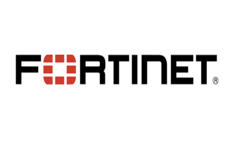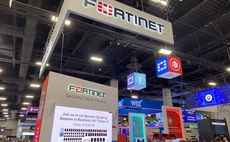Deal comes days after $1.2bn takeover fell through
Web browser pioneer Opera has agreed a deal to sell its core consumer technology to a Chinese consortium for $600m - half the price of the deal it agree earlier this year with the same group, which...
To continue reading this article...
Join Computing
- Unlimited access to real-time news, analysis and opinion from the technology industry
- Receive important and breaking news in our daily newsletter
- Be the first to hear about our events and awards programmes
- Join live member only interviews with IT leaders at the ‘IT Lounge’; your chance to ask your burning tech questions and have them answered
- Access to the Computing Delta hub providing market intelligence and research
- Receive our members-only newsletter with exclusive opinion pieces from senior IT Leaders




















